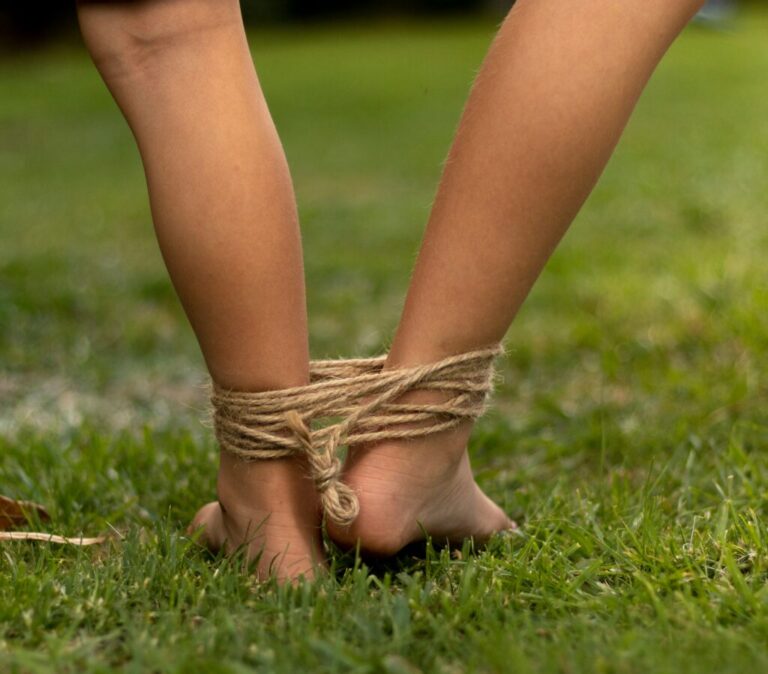Phones use can easily become problematic. Nearly every app has been engineered to produce responses in the brain that can lead to addictive behaviour. The jury is out as to whether it’s technically an addiction, but if you’re using mobile too much, you’re not alone.
Some of us can remember a time before the internet, before mobile phones. I was the first in my family to have a mobile – a Nokia 3210. My dad thought I was nuts and my friends weren’t particularly impressed either. All I could do was make calls, send a text or play a game called Snake, but it totally changed my life. Very quickly, it seemed like everyone had a phone. Now we’re glued to our devices and they can rule our lives. They are our GPS, our health tracker, our bank, our camera, our games console. Too often, they are the first thing we touch in the morning and the last thing we hold at night. They can completely consume us; we can lose hours staring at it, scrolling through apps. We carry them with us most places and if we don’t know where our phone is, boy can we get anxious and even scared. If, god forbid, we lose our phone, we stop everything and can get panicked or stressed until we’ve either found it or ordered a replacement. There’s even a word now to describe the fear of not having your phone – nomophobia. Textraphrenia is the fear of not being able to send or receive messages and some people even report phantom vibrations, thinking they have a message when they don’t!
If any of that sounds familiar, you might need a digital detox and you wouldn’t be the only one. According to King’s College London, one in three of us meets the criteria of an addiction. As people have become more reliant on their phones, the number of us spending an unhealthy amount of time on our phones has increased. Do you know how much time you spend on your phone every day? Would it be more or less than the average? Would it surprise you to know that’s a whopping four and half hours for those of us with smart phones? You can check yours. Go on, I dare you. So, when does a bit of harmless scrolling on Facebook turn into a problem or worse, a compulsion and can it become an addiction?

What is phone addiction?
Officially, it is yet to be recognised as an addiction, but your phone use becomes a problem when it starts to significantly interfere with your life and your ability to function. You need to ask yourself whether your phone is getting in the way of you being a good parent, a hard worker or a kind friend? Stamford’s Dr Anna Lembke, a leading expert on addiction, argues that we’re all addicted to something, and our phones are often a key culprit. Think of them as dopamine treasure chests. Dopamine is a chemical in our brain that motivates behaviour. It gets released after we eat something tasty, or we exercise, we have positive social interactions, or we have sex. Dopamine motivates us to repeat those behaviours. Our phones provide us with an unlimited supply of social interactions. Every notification we receive, every ‘like’ we get on our social media posts has the potential to be create a mini dopamine hit.
Not sure if your phone use is problematic? Dr. Lembke suggests thinking of the Three Cs:
Control: Could your phone use be considered out of control, or more than intended?
Compulsion: Do you find that you are automatically preoccupied with using your phone, meaning you do it without thinking?
Consequences: Do you continue to use your phone excessively despite obvious social, physical, and psychological consequences.
Why is it a problem?
There are three key effects I have seen in clients who rely on their phone too much. Firstly, it can exacerbate a sense of loneliness and depression. People misread texts, obsess if our posts don’t get lots of comments; the pressures of social media can actually make us feel worse. Phone use at bedtime won’t just eat into your sleep, it will affect your ability to fall asleep and impair the quality of your sleep. Thirdly, our phones disrupt our attention span. They get in the way of studying, working, doing tasks at home. And lastly, from a relational point of view, our phones stop us from being present in our relationships. We become so obsessed with sharing our lives online that we stop sharing ourselves with the people around us.
Five ways to cut back
Here are some easy ways to reduce the amount of time you use your phone…
Set basic ground rules
Some experts recommend a screen fast – ie going without for a day or a week. But a more manageable target might be to set aside certain times of the day when you don’t use your phone. Maybe you don’t have it at mealtimes. Maybe you leave it to one side if you’re watching TV. Work out what’s achievable. Start small and discover what life without your phone can be like.
Put your phone away at night
Keep your phone out of your bedroom. Charge it in another room and if you use your phone to wake up in the morning, buy a standard alarm clock. Or, if you wear a fitbit, use the alarm function on that. If you really need your phone at bedtime, to listen to audio books or a meditation, then put it well out of reach.
Cut your notifications
You can try to reduce the temptation to check your phone by turning off notifications for all but your most important apps or use the Do Not Disturb function.
Find the right app
Ironically, your phone could be your friend here. There are now apps specially designed to help limit your usage. Space can be used on iphones or android phones. You can create a personal programme and it will send you rewards when you reach your goals. If you want visual rewards, The Forest (also available on Android and iPhone) helps you to plant a seed and watch it grow into a tree. But if you start using social media on your phone too much, the tree dies.
Make it less appealing
Change your phone screen to grey, turn down the brightness. Put it face down, turn down the volume. Arrange the apps on your phone so that they become harder to find and if you can, delete the apps that you really find hard to resist.
If you feel your phone use is having an impact on your mental health, your relationships, or your ability to take part in everyday life, it may be time to seek professional help. Drop me a line at anna@kingsleycounselling.com

